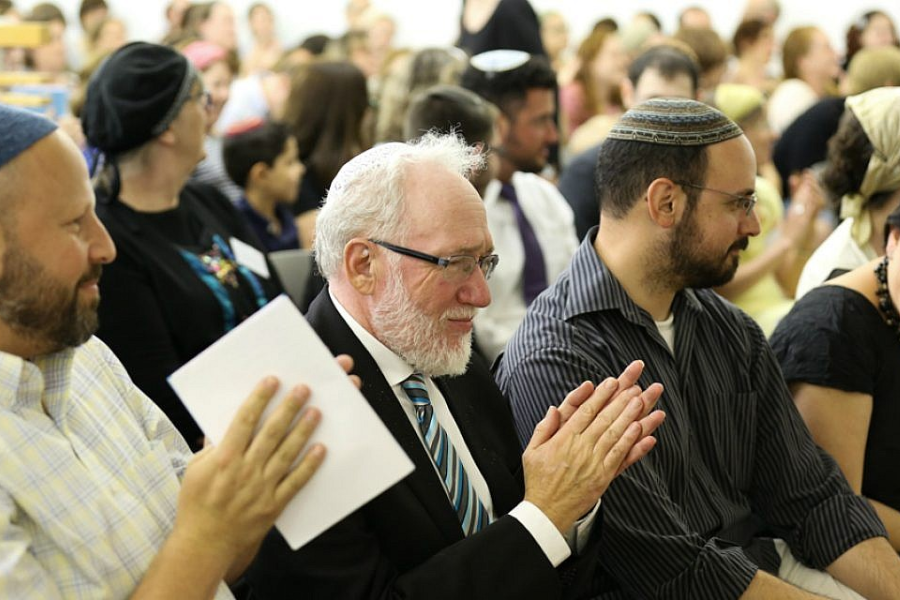Introduction
In an ever-evolving world where the spiritual needs of individuals are becoming increasingly diverse, the role of non-denominational ministers is gaining prominence. Non-denominational ordination provides a flexible and inclusive path for those wishing to serve their communities without being bound by the doctrines of a specific faith. For aspiring ministers, this ordination opens up a world of opportunities and benefits that align with modern values and lifestyles. This article explores the top benefits of non-denominational ordination for aspiring ministers and how it can shape a fulfilling and impactful spiritual journey.
Flexibility in Spiritual Leadership
One of the most compelling benefits of non denominational ordination is its unparalleled flexibility. Unlike traditional ordination paths that require adherence to specific religious doctrines, nondenominational ordination allows ministers to craft a spiritual practice that aligns with their personal beliefs and values. This flexibility enables ministers to adapt their approach to meet the unique needs of their congregants, fostering a more inclusive and responsive spiritual environment.
For example, a non-denominational minister may lead a wedding ceremony that blends elements from multiple faiths, reflecting the diverse backgrounds of the couple they marry. This adaptability not only honors the couple’s unique spiritual beliefs but also enhances the significance of the ceremony for everyone involved. Customizing spiritual services in this way allows non-denominational ministers to create meaningful and memorable experiences for their congregants.
Fostering Personal Growth and Self-Discovery
Non-denominational ordination is about serving others and a journey of personal growth and self-discovery. Aspiring ministers who choose this path often embark on a profound exploration of their beliefs and values. This self-reflection helps them develop a deeper understanding of their spiritual identity, enhancing their ability to provide meaningful guidance and support to others. The ordination journey can be transformative, leading to a more enriched and fulfilling spiritual life.
As ministers delve into their spiritual studies, they may encounter new philosophies and practices that challenge their beliefs. This exploration can lead to significant personal growth as they continuously refine their spiritual understanding.
Inclusive and Diverse Ministry
Inclusivity is a cornerstone of non-denominational ordination. This approach allows ministers to serve individuals from various backgrounds and beliefs, fostering a sense of unity and acceptance within the community. Non-denominational ministers can officiate ceremonies and provide spiritual support that respects and honors the diverse traditions of their congregants. This inclusive approach strengthens the community’s bond and promotes a broader understanding and appreciation of different spiritual paths.
For instance, a non-denominational minister might be called upon to lead an interfaith service that brings together participants from multiple religious traditions. By creating a space where different beliefs are recognized and celebrated, the minister helps to build bridges and foster greater harmony within the community.
More Significant Impact on the Community
Non-denominational ministers often significantly impact their communities due to their ability to connect with individuals from various walks of life. They can address their congregants’ unique needs and challenges by offering a more inclusive and adaptable spiritual service. This can include officiating weddings, conducting funerals, offering counseling services, and leading community events. The ability to provide such a wide range of services makes non-denominational ministers invaluable assets to their communities.
In addition to these traditional roles, non-denominational ministers may also take on leadership positions within community organizations, advocate for social justice causes, and collaborate with other faith leaders to address shared concerns. Their unique ability to navigate diverse spiritual landscapes empowers them to unite people and foster positive change.
Leveraging Technology for Broader Reach
The rise of technology has revolutionized the way non-denominational ministers can reach and serve their communities. Online platforms and digital resources enable ministers to connect with individuals beyond geographic limitations, offering virtual ceremonies, counseling sessions, and spiritual guidance. This broader reach allows non-denominational ministers to impact a larger audience and adapt to the changing dynamics of modern spirituality. Technology facilitates continuous learning and professional development, helping ministers stay informed and effective.
Moreover, technology allows non-denominational ministers to create digital communities where individuals can explore their spiritual beliefs and support one another. Virtual group meetings, webinars, and online courses can foster a sense of connection and community among participants, regardless of their physical location. This technological innovation opens up new possibilities for spiritual engagement and growth, making non-denominational ordination accessible to a broader audience than ever before.
Legal Recognition and Authority
Non-denominational ordination grants ministers legal recognition and authority to perform a variety of ceremonies and services. This includes officiating weddings, which requires adherence to state and local regulations to ensure the legality of the union. By obtaining non-denominational ordination, ministers gain the credentials necessary to conduct legally recognized ceremonies, providing a valuable service to their communities. Additionally, understanding the legal aspects of their role helps ministers navigate their responsibilities with confidence and integrity.
Being legally recognized as a minister also allows non-denominational leaders to perform other vital functions, such as signing legal documents, providing chaplaincy services, and representing their congregants in various capacities. This legal authority underscores the legitimacy and importance of their role within the community. By maintaining a solid understanding of the legal dimensions of their ministry, non-denominational ministers can ensure that their services are respectful and compliant with all relevant regulations.
Conclusion: A Pathway to Meaningful Service
Non-denominational ordination represents a modern approach to spiritual leadership that is both inclusive and adaptable. For aspiring ministers, it offers a unique opportunity to tailor their spiritual journey, foster personal growth, and significantly impact their communities. By embracing the flexibility and diversity of non-denominational ordination, ministers can provide meaningful and compassionate spiritual guidance that resonates with the evolving needs of today’s society. This pathway enriches the minister’s spiritual life and enhances the well-being and unity of the community they serve.
Becoming a non-denominational minister is a profound significance, marked by a commitment to inclusivity, personal growth, and community service. Aspiring ministers who choose this path embrace a role that allows them to serve others effectively and embark on a transformative personal journey. As they navigate the challenges and joys of ministry, non-denominational ministers can make a lasting, positive impact on the lives of those they touch, fostering a sense of spiritual fulfillment and communal harmony that transcends traditional religious boundaries.
Keep up-to-date with breaking news and updates on essentialtribune








